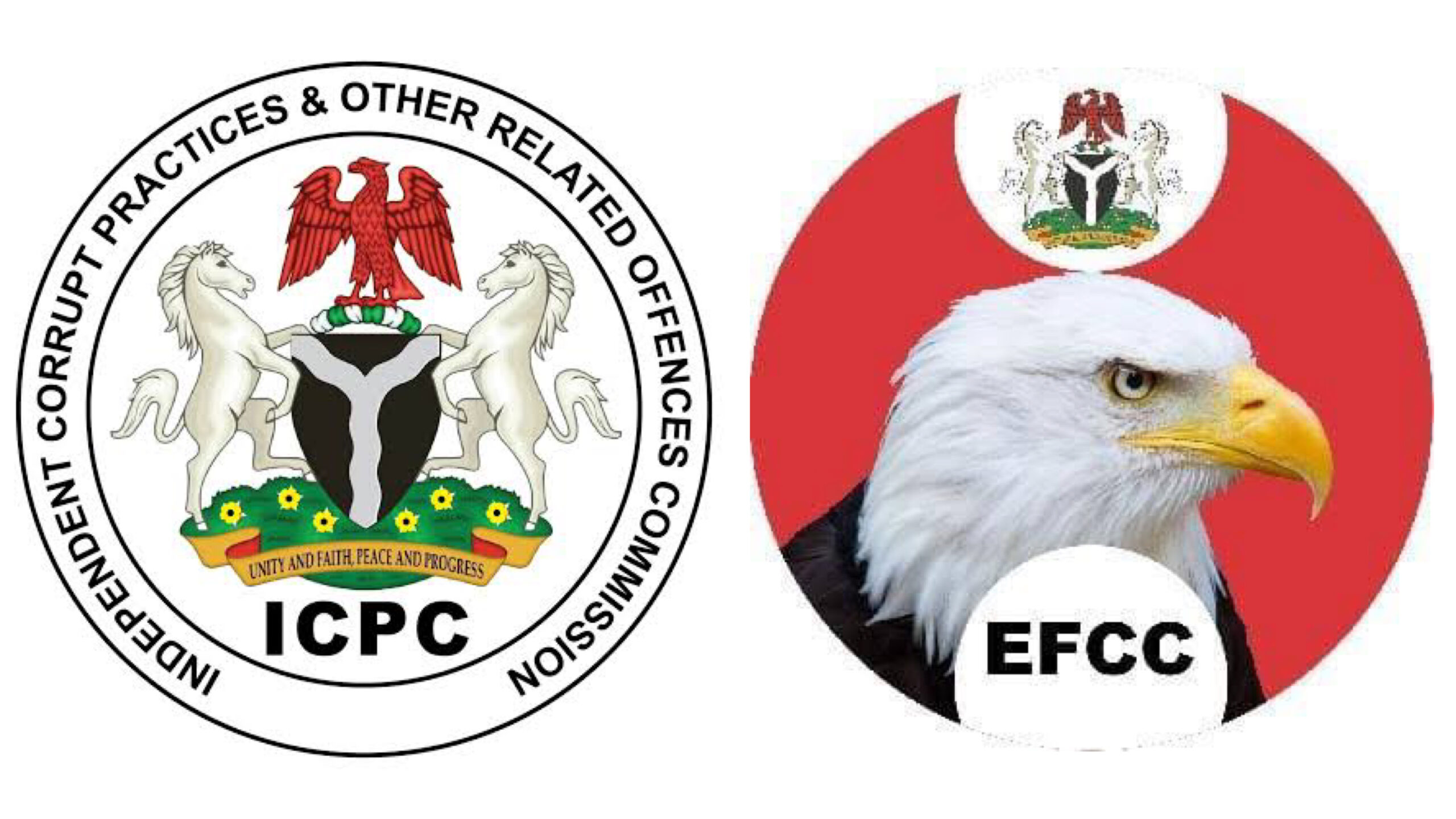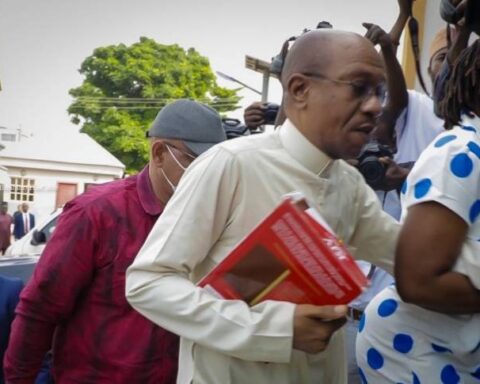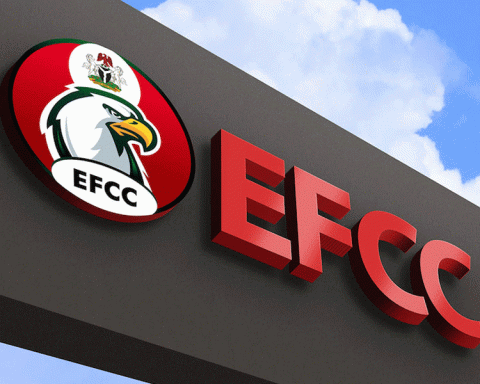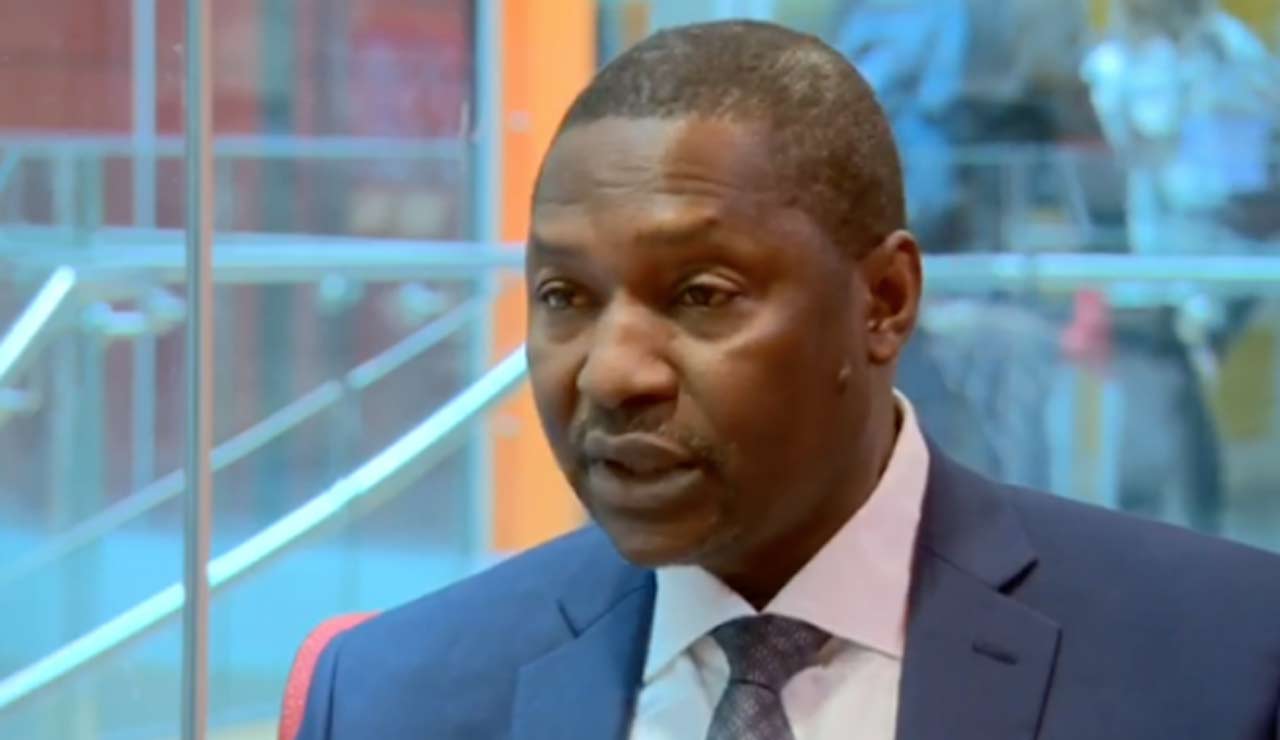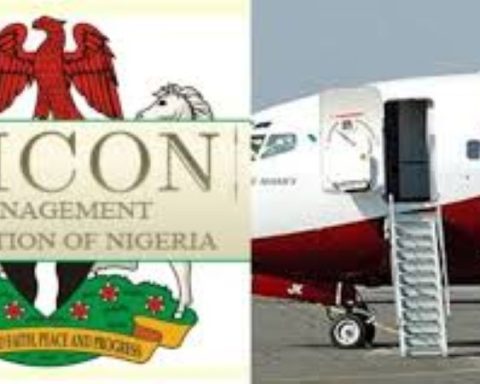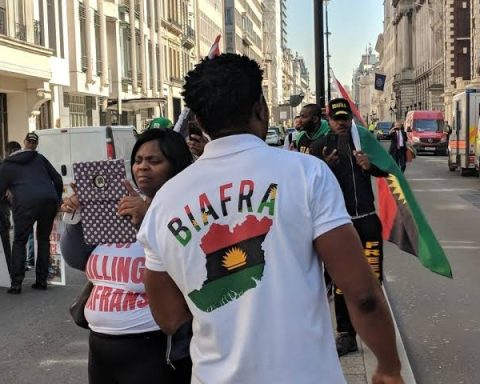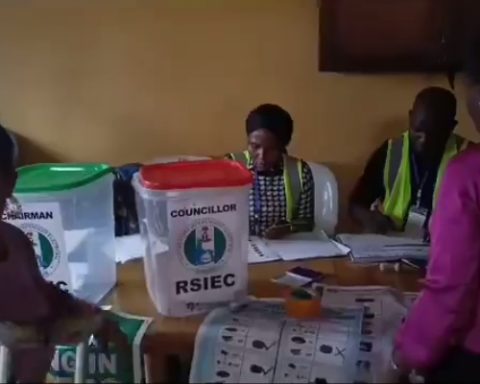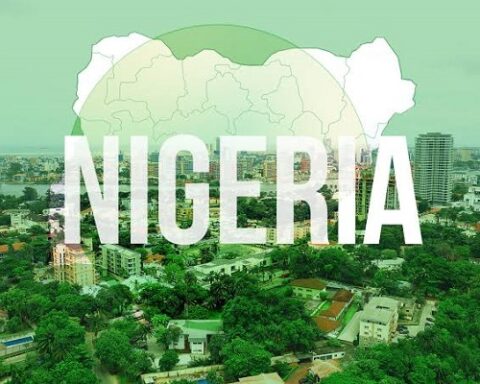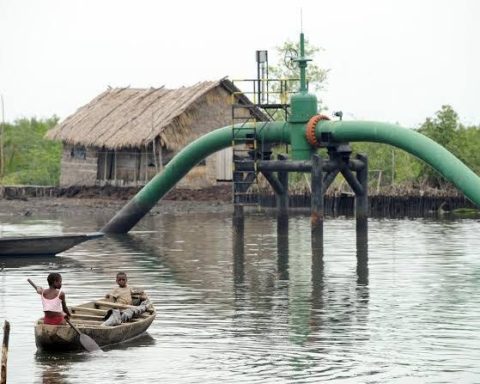Calls for scrapping of the EFCC and ICPC have emerged from various quarters, particularly among state governments and legal experts. The past and current calls to scrap or overhaul the EFCC and ICPC are due to the aforementioned concerns about their effectiveness and perceived misuse by the government.
Dr. Olisa Agbakoba, a prominent lawyer, has described the EFCC as an “unlawful organisation” and has called for its abolition. He argued that the powers under which it was established exceed those granted to the National Assembly.
Join our WhatsApp ChannelOn his part, a former Chairman and Managing Director of the Daily Times of Nigeria, Chief Tola Adeniyi, wants the agency scrapped, claiming that former President Obasanjo created the EFCC as a “witch-hunt tool to cage the opposition.”
Previously, several state governments had individually gone to court to challenge the EFCC’s powers to probe their state finances, arguing that they had their own House of Assembly, Accountant-General, and Auditor-General.
READ ALSO: As Governors Move Against EFCC, ICPC
The Rivers State Government challenged the directive of the Attorney-General of the Federation to the EFCC to investigate the state over withdrawals of funds. The then Nyesom Wike-led government had relied on two judgments from the High Court of Rivers State and the Federal High Court barring the anti-graft agency from investigating the finances of the state.
Also, the Kogi government claimed transparency after the EFCC invited its officials to answer criminal allegations related to an alleged withdrawal of ₦46 billion from the state’s bank accounts.
The Anambra State Government also approached the court presided over by Justice Nnamdi Dimgba to determine whether, under the federal system of government with the constitutional doctrine of separation of powers, “the appropriation, disbursement, and/or administration of funds belonging to a State Government is subject to investigation by the EFCC being an agency of the Federal Government.” Though, in May 2023, the Federal High Court sitting in Awka, Anambra dismissed the suit.
Additionally, the Sokoto State Government filed a suit seeking to restrict ICPC and EFCC from inviting, investigating, arresting, or prosecuting any official of the state government on allegations of corruption. However, the Sokoto Federal High Court affirmed that both the Independent Corrupt Practices and Other Related Offences Commission and EFCC were legally mandated to investigate and prosecute any person or authority over allegations of corruption anywhere in Nigeria.
Interestingly, some of the state governments that challenged the EFCC and lost their cases were joined in a current case initially instituted by Kogi State Government. A consolidated suit was filed in October 2024 involving Anambra, Benue, Cross River, Enugu, Edo, Kogi, Kebbi, Katsina, Jigawa, Nasarawa, Niger, Ondo, Oyo, Ogun, Plateau, and Sokoto. They argue that the EFCC was unconstitutionally established and seek its dissolution.
The plaintiffs also argued that it was a United Nations Convention against Corruption that was incorporated into the EFCC Establishment Act; hence constitutional provisions regarding treaties were not complied with in establishing the EFCC.
The Controversies Surrounding EFCC and ICPC and Specific Sections of the Nigerian Constitution
The ongoing legal battles initiated by various state governments assert that federal agencies like EFCC cannot investigate state officials without state approval, citing constitutional provisions that grant states control over their financial management. This stems from perceived conflicts with specific sections of the Nigerian Constitution.
One such section is Section 12 of the Constitution which requires that treaties—such as those establishing anti-corruption bodies—must be ratified by a majority of state Houses of Assembly to have force in Nigeria. Critics argue that the EFCC Act was not properly ratified making its establishment unconstitutional. They contend that since not all state assemblies agreed to it, EFCC cannot operate in those states without their consent.
Also, Section 4 of the Constitution grants legislative powers to the National Assembly. Critics including Dr. Olisa Agbakoba argue that the National Assembly exceeded its authority (ultra vires) when it established EFCC and ICPC claiming that these bodies operate outside their constitutional mandate.
Section 15(5) also mandates states that to abolish corrupt practices and abuse of power. Proponents like Femi Falana argue that this section legitimises the existence of EFCC and ICPC as they are tasked with fighting corruption asserting that they were established in line with this constitutional duty.
Notwithstanding these provisions in response to calls for an overhaul EFCC officials have expressed dismay stating that critics are feeling pressure from the agency’s work and want to derail its anti-corruption efforts.
Prof. Tunji Asaolu, an academic known for his insights on governance and anti-corruption in Nigeria, stated that “They fear that federal government regulation is not allowing them free access… Therefore, they instigated some state governments to file demands for scrapping these federal agencies.”
As for the current head of the EFCC, Abdulrasheed Bawa, he has addressed ongoing rumors regarding the agency’s effectiveness and the calls for its dissolution. He has expressed confidence in the commission’s mandate and operations, emphasizing its commitment to fighting corruption despite the criticisms it faces.
However. Dr. Olisa Agbakoba a former President of the Nigerian Bar Association who wrote letters to National Assembly on 14 October 2024 argued: “I strongly believe that EFCC is unconstitutionally established. The powers under which it was established go beyond those of National Assembly.”
Agbakoba stated: “I felt that EFCC was an unconstitutional body. This case brought by governors reawakens my interest in challenging exactly what purpose EFCC serves. This is a country struggling to survive in terms of lack of cash. Many governors are insolvent. But if you go to Abuja you will see stupendous corruption; I don’t see what EFCC is doing. If I had EFCC’s powers to bring in all those who have stolen money and converted it into real estate, we would be looking at trillions of naira. Why is EFCC not fulfilling its mandate?”
Though Agbakoba’s argument seems reasonable, one must question whether any governors have a case before these bodies which makes them intent on wanting these agencies scrapped. Why didn’t they consider rulings from courts in individual suits they have filed before?
Report showed that several current governors in Nigeria are under investigation by EFCC and ICPC for various allegations. Yahaya Bello of Kogi State is facing prosecution for alleged money laundering involving approximately ₦80 billion drawing significant public attention due to his failure to respond to multiple invitations from commission officials. Abba Kabir Yusuf of Kano State is being investigated by ICPC for fund misappropriation involving local government caretaker chairmen with ICPC Chairman personally leading prosecution efforts. Kayode Fayemi former governor of Ekiti State has been linked to past allegations of financial misconduct during his tenure with EFCC reopening investigations related to a diverted $2.2 billion.
But then, Agbakoba claimed: “If you go to Abuja you will see stupendous corruption; I don’t see what EFCC is doing.” Yet several current ministers in Nigeria are under investigation by EFCC for various allegations of corruption. Sadiya Umar-Farouk (APC) is being investigated for alleged fraud involving approximately ₦37.1 billion related to social intervention funds during her tenure as Minister of Humanitarian Affairs. Bello Matawalle (APC), currently serving as Minister of Defence is under investigation for alleged money laundering involving about ₦70 billion from his time as governor of Zamfara State.
What about those who maintain that EFCC and ICPC mainly convict members of opposition parties? Yet Kayode Fayemi (APC), former Minister of Solid Minerals Development faces investigation for alleged fraud related to approximately ₦4 billion during his ministerial tenure. Lastly Festus Keyamo (APC), Minister of Aviation has faced scrutiny regarding management of funds allocated for aviation projects although specific details about ongoing investigations remain unclear. These cases reflect broader concerns about corruption and accountability within Nigeria’s federal government; notably all current ministers under investigation by EFCC were appointed by President Bola Tinubu.
…to be continued in the next series
Dr Mbamalu is a Jefferson Fellow, member of the Nigerian Guild of Editors (NGE) and a renowned Publisher.
Dr. Marcel Mbamalu is a distinguished communication scholar, journalist, and entrepreneur with three decades of experience in the media industry. He holds a Ph.D. in Mass Communication from the University of Nigeria, Nsukka, and serves as the publisher of Prime Business Africa, a renowned multimedia news platform catering to Nigeria and Africa's socio-economic needs.
Dr. Mbamalu's journalism career spans over two decades, during which he honed his skills at The Guardian Newspaper, rising to the position of senior editor. Notably, between 2018 and 2023, he collaborated with the World Health Organization (WHO) in Northeast Nigeria, training senior journalists on conflict reporting and health journalism.
Dr. Mbamalu's expertise has earned him international recognition. He was the sole African representative at the 2023 Jefferson Fellowship program, participating in a study tour of the United States and Asia (Japan and Hong Kong) on inclusion, income gaps, and migration issues.
In 2020, he was part of a global media team that covered the United States presidential election.
Dr. Mbamalu has attended prestigious media trainings, including the Bloomberg Financial Journalism Training and the Reuters/AfDB Training on "Effective Coverage of Infrastructural Development in Africa."
As a columnist for The Punch Newspaper, with insightful articles published in other prominent Nigerian dailies, including ThisDay, Leadership, The Sun, and The Guardian, Dr. Mbamalu regularly provides in-depth analysis on socio-political and economic issues.


